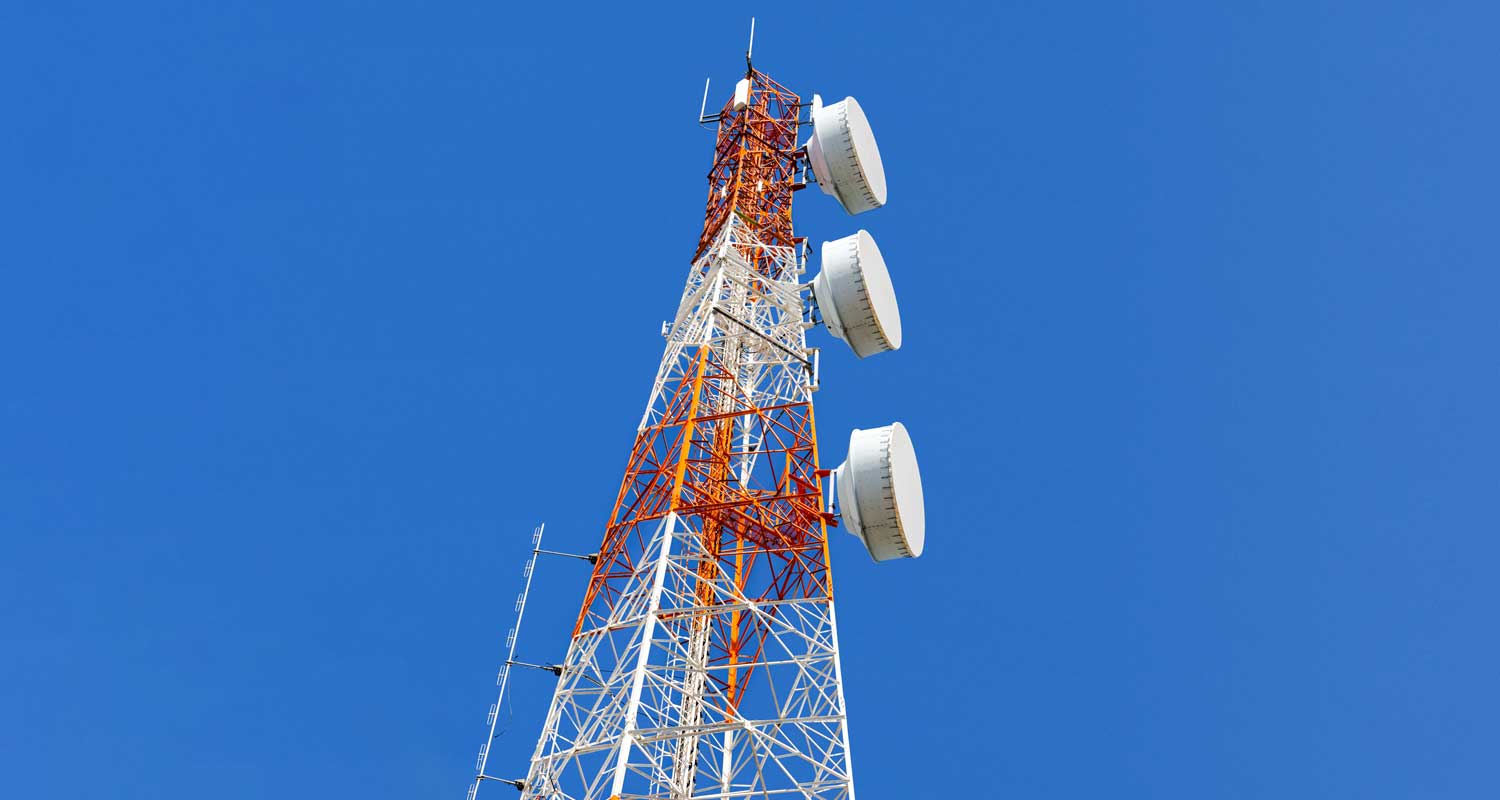 Load shedding is proving to be a hugely expensive problem for South Africa’s mobile operators, which are battling day in and day out to keep their networks running during extended periods without electricity.
Load shedding is proving to be a hugely expensive problem for South Africa’s mobile operators, which are battling day in and day out to keep their networks running during extended periods without electricity.
And the inability of South Africans to communicate, because their local cellphone tower has gone down, impacts their ability to do business and be productive – further harming economic growth.
TechCentral asked the major network infrastructure players – Vodacom, MTN, Telkom and Rain – what’s involved in keeping their networks running during intense bouts of load shedding, and the growing incidents of theft and vandalism that come with the mitigation measures they put in place.
MTN South Africa said it has been rolling out batteries to its towers aggressively, while also providing generators and alternative power supplies, such as solar. It has upgraded the batteries at more than four in five of its high sites, and continues to roll these out. Generators have also been installed at many sites to counter the effects of stage-4 and higher load shedding.
Batteries typically take between 12 and 18 hours to recharge, while batteries have a capacity of about six to 12 hours, depending on the site category. When Eskom’s load shedding goes beyond stage 4, all the companies TechCentral spoke to said keeping their networks running optimally is a significant challenge.
“Stage 6 means that batteries have less time to recharge between outages and that they won’t last as long given they haven’t had time to fully recharge,” said Vodacom.
‘Doing all we can’
Vodacom added that it is “doing all we can” to mitigate the effects of widespread load shedding. This includes deploying backup power solutions, including generators, to “as many sites across the country as possible”.
The country’s largest network operator by subscribers spent R2-billion on batteries alone over the past two years.
MTN revealed that it deployed more than 2 000 generators to its sites last year to counter the impact of stage-4 (and higher) power cuts. It also said it has put contingencies in place in all provinces, including:
- Establishing “war rooms” in each of its regions with dedicated staff and network partners who are focused on restoring major transmission infrastructure and base stations during bouts of severe load shedding;
- Deploying additional emergency generators and optimising the existing fleet of mobile generators;
- Withdrawing field maintenance teams and redeploying them to focus exclusively on site restorations; and
- Delivering fuel to all critical facilities to ensure all MTN data centres remain operational. “MTN does not anticipate any disruptions to any of these facilities,” it emphasised.
Telkom said it has put backup plans in place to mitigate against the severe effects of prolonged load shedding. It has invested in securing alternative energy at most of its sites, including standby generators. “On the whole, these work well, and we work around the clock to ensure minimal disruption for our customers,” the company said.
“However, the sustained higher stages of load shedding currently being experienced significantly impact our costs of doing business, with recharge cycles for alternative power sources being significantly lower and operating costs soaring on inputs such as diesel and the additional man hours needed to keep sites operational.”
‘Significantly negative’
Vodacom Group CEO, Shameel Joosub – speaking in December in his capacity as chairman of the recently launched Association of Communications & Technology, an industry body – decried the impact of Eskom’s continued power cuts.
“South Africa’s protracted and more frequent power cuts are having a significantly negative impact on the country’s mobile network operators,” Joosub said.
“Instead of investing in rural infrastructure roll-out and in deploying new technologies, operators, including Vodacom, have been forced to spend billions of rand just to ensure they are able to continue delivering services to consumers when the lights go out,” he said.
Money spent on keeping base stations and data centres operational could be better spent addressing the digital divide by accelerating rural coverage and assisting customers with lower tariffs, Joosub added. It could also drive up costs. “It will require an extraordinary amount of money to fully mitigate even the likes of stage-4 load shedding, which ultimately would result in a substantial increase in the cost to communicate.”
 And unfortunately, South Africa’s rampant crime problem is only serving to make matters worse.
And unfortunately, South Africa’s rampant crime problem is only serving to make matters worse.
“We need to factor in the cost to repair and replace stolen batteries and the security measures needed to prevent future vandalism,” said Telkom. “The cost is site dependent and could run into millions of rand. In the period from November to January alone, Telkom used more than four million litres of diesel to keep network sites online.”
For its part, Rain described the theft of batteries at its high sites as “an ongoing challenge”, but said it is working with industry bodies and security providers to fight the scourge.
Read: Who is really to blame for the load shedding crisis?
Vodacom said incidents of base station vandalism have become “significantly worse” in recent years, blaming this on organised criminal syndicates. “Each theft incident can result in the network in that area being down for days and can severely impact businesses as well as anyone relying on the Internet to study.”
MTN, meanwhile, said it has made progress in reducing incidents of battery theft and vandalism of infrastructure, including in areas such as Tembisa and Soshanguve, where it had become highly problematic. – © 2023 NewsCentral Media

